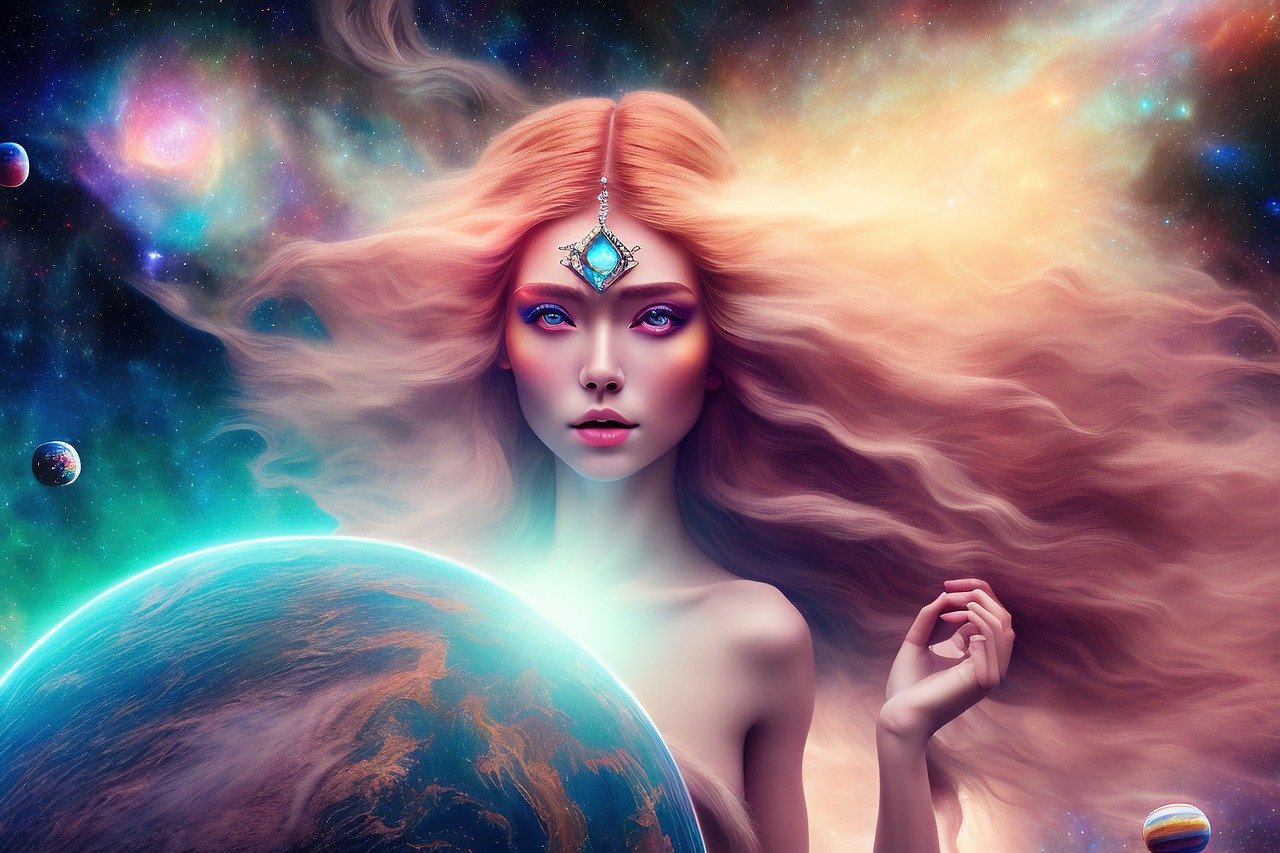Diana: The Roman Goddess of the Hunt and Nature
Overview
Diana, revered as the Roman goddess of the hunt, nature’s purity, and the fauna within it, favored solitude over the company of mortals and deities. While she preferred to roam the forests accompanied only by nymphs and woodland creatures, Diana was an unparalleled archer and the foremost hunter among gods. Remaining a maiden throughout her existence, she resisted the advances of suitors and potential lovers. Her realms extended to the underworld and transitional spaces, which connected the living with the deceased, as well as the wild with the civilized. Although a prominent figure in Roman mythology, many aspects of Diana can be traced back to her Greek counterpart, Artemis.
Etymology
The name “Diana” has its origins in the Proto Indo-European root dyeu-, meaning “to shine” or “to give off light.” This root also forms the basis of various words associated with divinity across multiple languages, including Greek theos, Latin deus, Persian daiva, and Sanskrit deva. Other derivatives include the Latin dies (day) and diurnal (daylight), emphasizing Diana’s association with divinity and daylight, which hints at her ancient Italian roots dating back possibly to the first millennium BCE. Diana was addressed with multiple epithets throughout history, reflecting her multifaceted nature. She was worshipped as both Diana Triformis and Diana Trivia for her tripartite characteristics, and also known as Diana Caelus (“Heavenly Diana”) and Diana Nemorensis (“Diana of the Wood”), highlighting her Hellenized form.
Attributes
Equipped with her bow and golden arrows, Diana traversed the wilderness in pursuit of adventure and game. Generally adorned in a chiton, a short tunic that allowed freedom of movement in her woodland escapades, she complemented her outfit with a cloak, boots, and a jeweled belt. In some representations, she was depicted wearing garments of purple.
Family
Diana was the daughter of Jupiter, the king of the gods, and Leto (or Latona in Roman references), a Titan. She shared her lineage with a twin brother, Apollo, who embodied wisdom and law. The divine family included numerous half-siblings, including Mars, the god of war, and Venus, the goddess of love.
Mythology
Much of Diana’s mythology is derived from the tales of Artemis, known in Greek traditions. Unlike other Roman gods who faded into obscurity with the advent of Christianity, Diana remained a figure in folk culture throughout the medieval and early modern periods of Europe.
The Making of Diana
Diana was born from the union of Jupiter and Leto. Despite their initial romance, Jupiter’s infidelities led to complications, especially with Juno, his sister and wife, who sought to thwart Leto’s childbirth. Juno’s jealousy led her to summon Python, a monstrous entity, compelling Leto to escape from various islands. Ultimately, she found sanctuary on the obscure island of Delos, where she gave birth to Diana and Apollo. Diana emerged first and assisted in bringing forth her brother—both twins becoming adept archers and protectors of their mother.
Diana and Actaeon
A well-known tale from Ovid’s Metamorphoses recounts the story of Actaeon, a gifted young hunter who accidentally stumbled upon Diana while she was bathing. Startled, Diana splashed him with enchanted water, transforming him into a stag. Despite his attempts to call out and escape, his hunting dogs, now tracking his new scent, attacked him, leading to a tragic end.
Diana in Roman Religion
In Roman practice, Diana was venerated as a multifaceted deity, associated with hunting, the moon, and the underworld. Her main sanctuary was a sacred grove beside Lake Nemi, considered a crucial center of worship. The grand temple on the Aventine Hill, reportedly founded in the sixth century BCE by King Tullus Hostilius, was another significant site for her followers. Diana was honored during the Nemoralia festival, originally held at Nemi, where devotees offered tokens to her across sacred landscapes.
Pop Culture
Diana’s influence endures today, particularly in contemporary Wicca and Dianic Wicca, where she is celebrated as a nature goddess symbolizing wisdom and fertility. Moreover, the archetype of Diana persists in modern narratives, often represented by strong female protagonists who defy conventions and fight for justice, like Katniss Everdeen from Suzanne Collins’ Hunger Games series.



